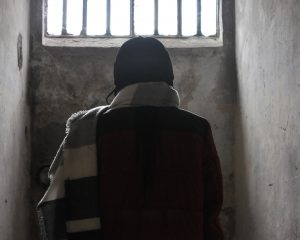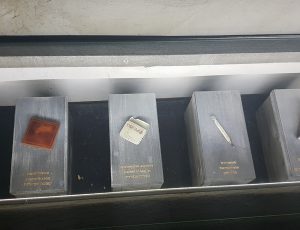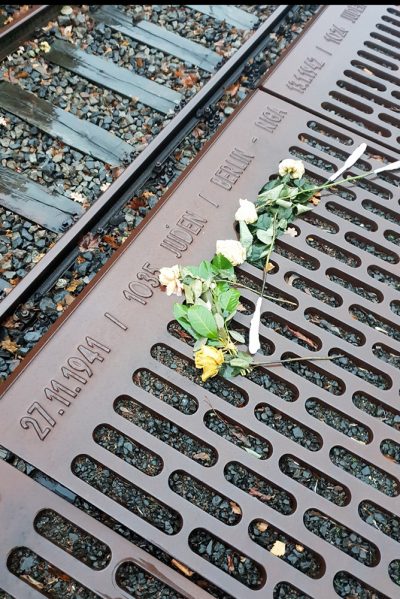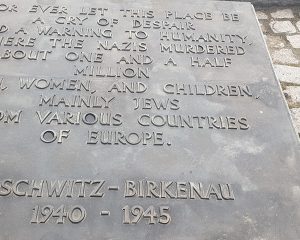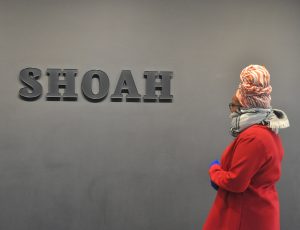Confronting our Past through a Distant Mirror:
Reflections on the Holocaust as a tool for teaching about Memory and Justice in South Africa
Confronting our Past through a (Not-So) Distant Mirror
Photo: Ronel Koekemoer
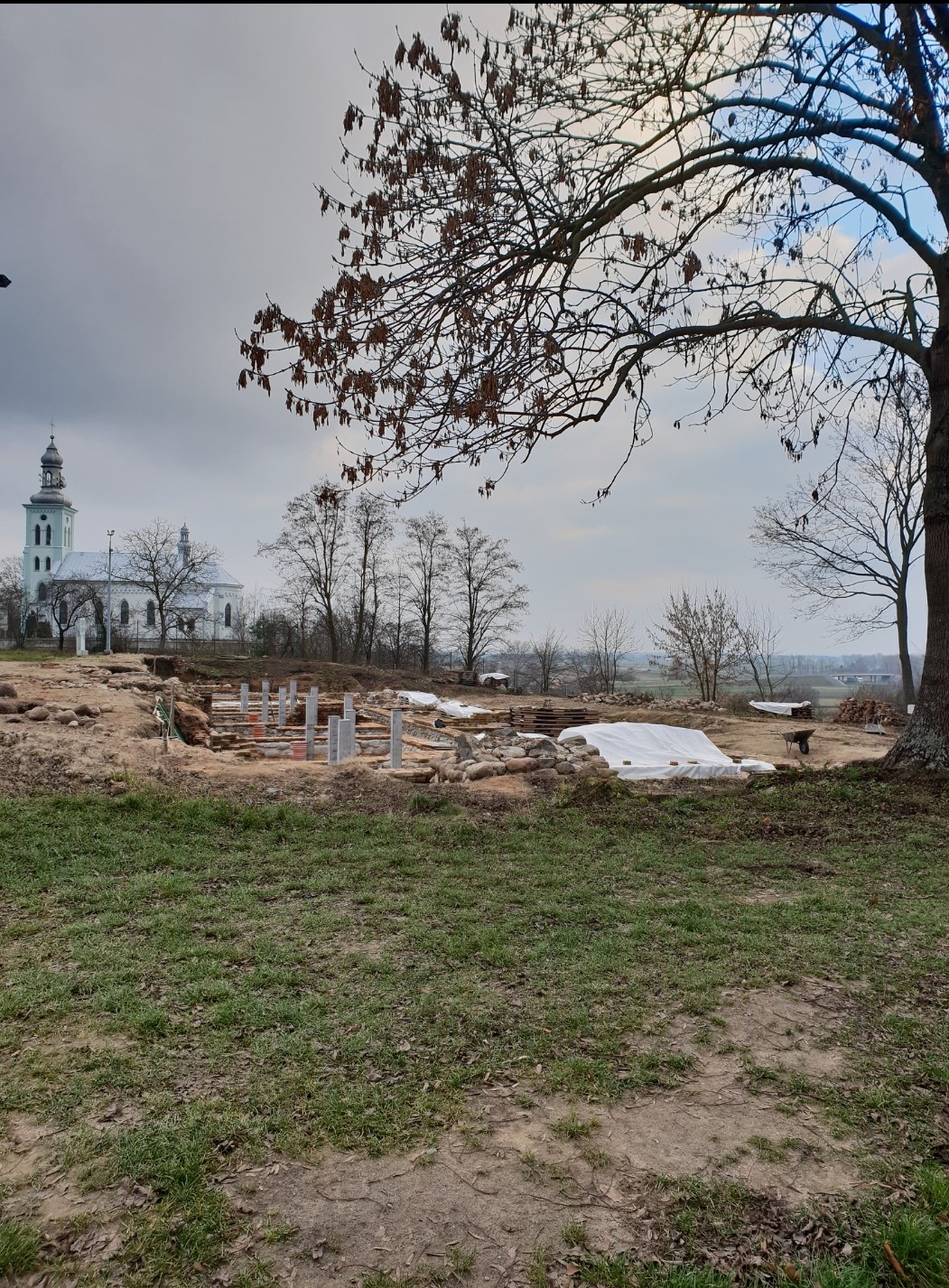
Photo: Ayanda Nxusani
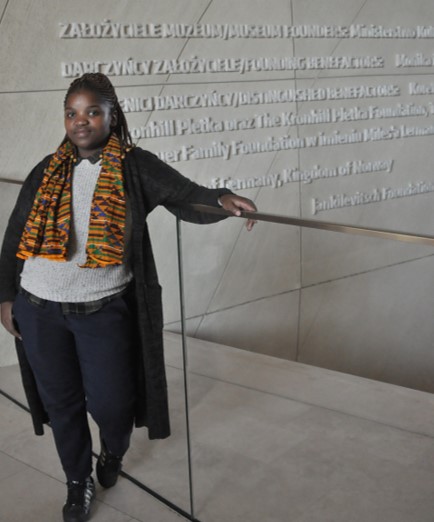
Photo: Ronel Koekemoer
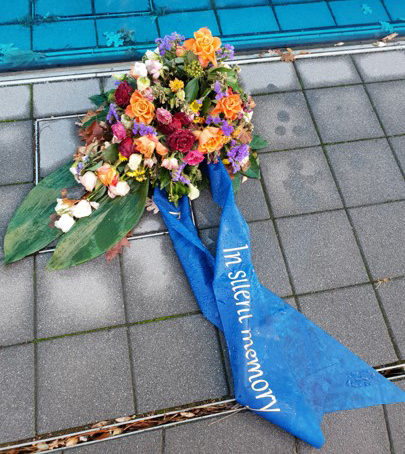
Photo: Cassandra Da Cruz
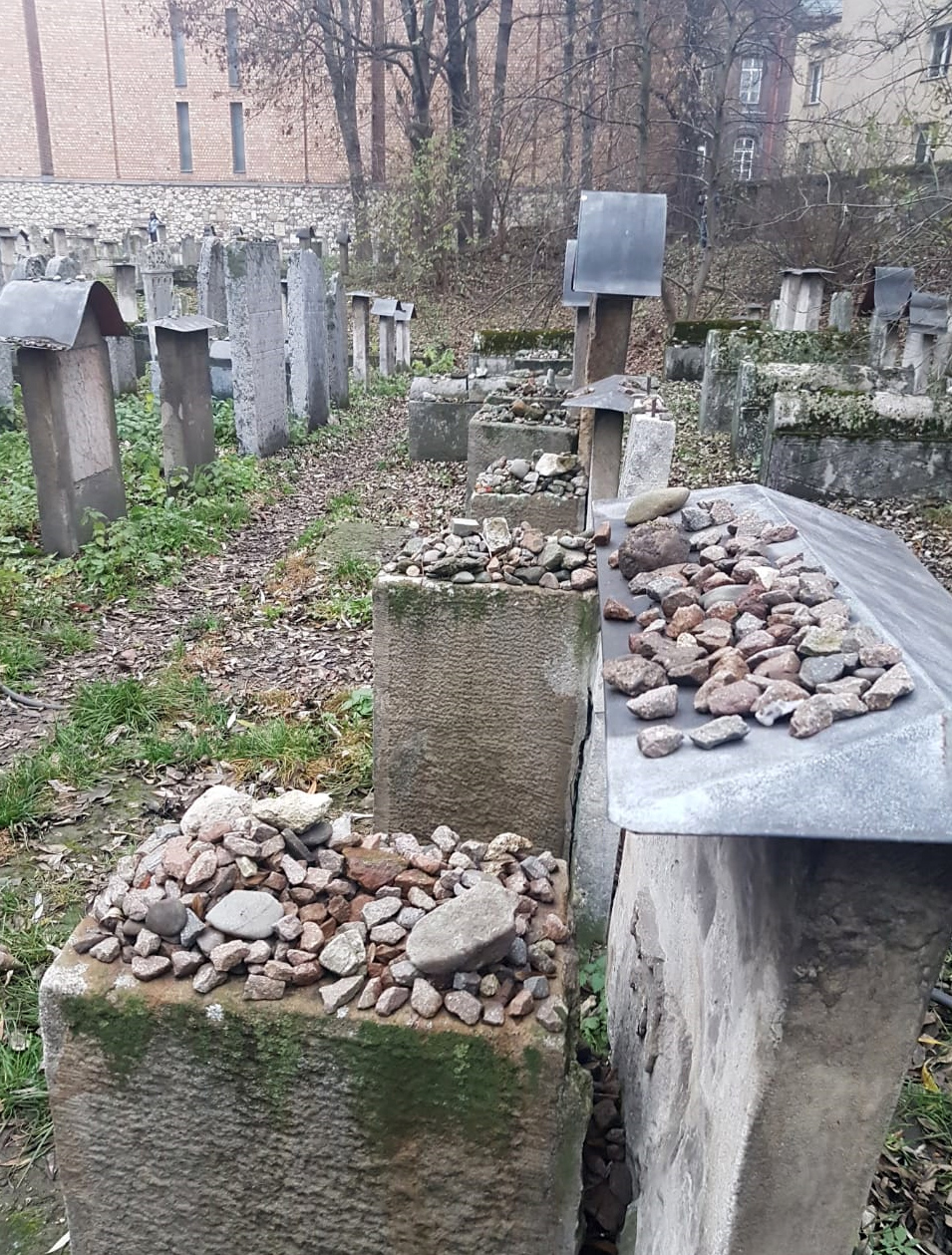
Photo: Ronel Koekemoer
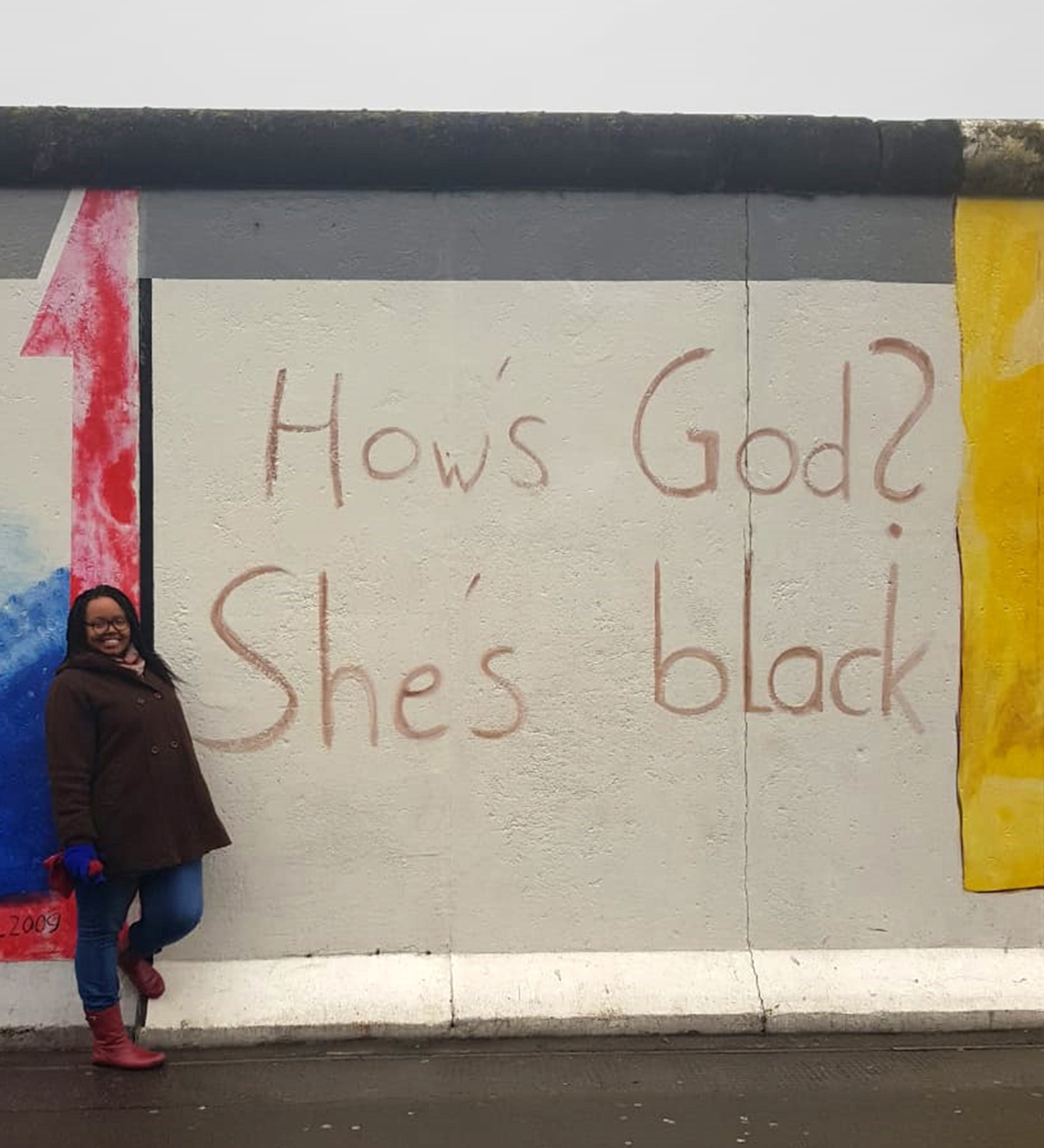
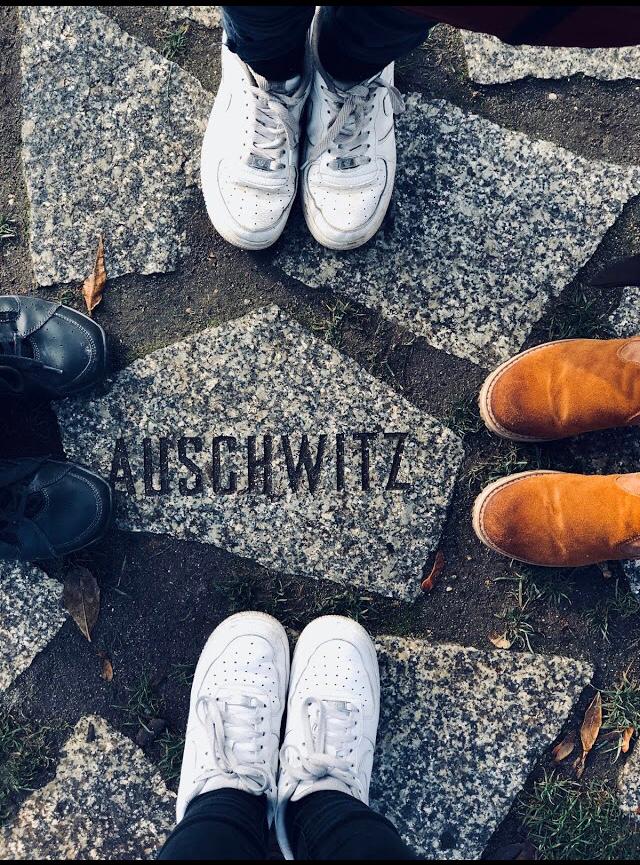
Photo: Ayanda Nxusani
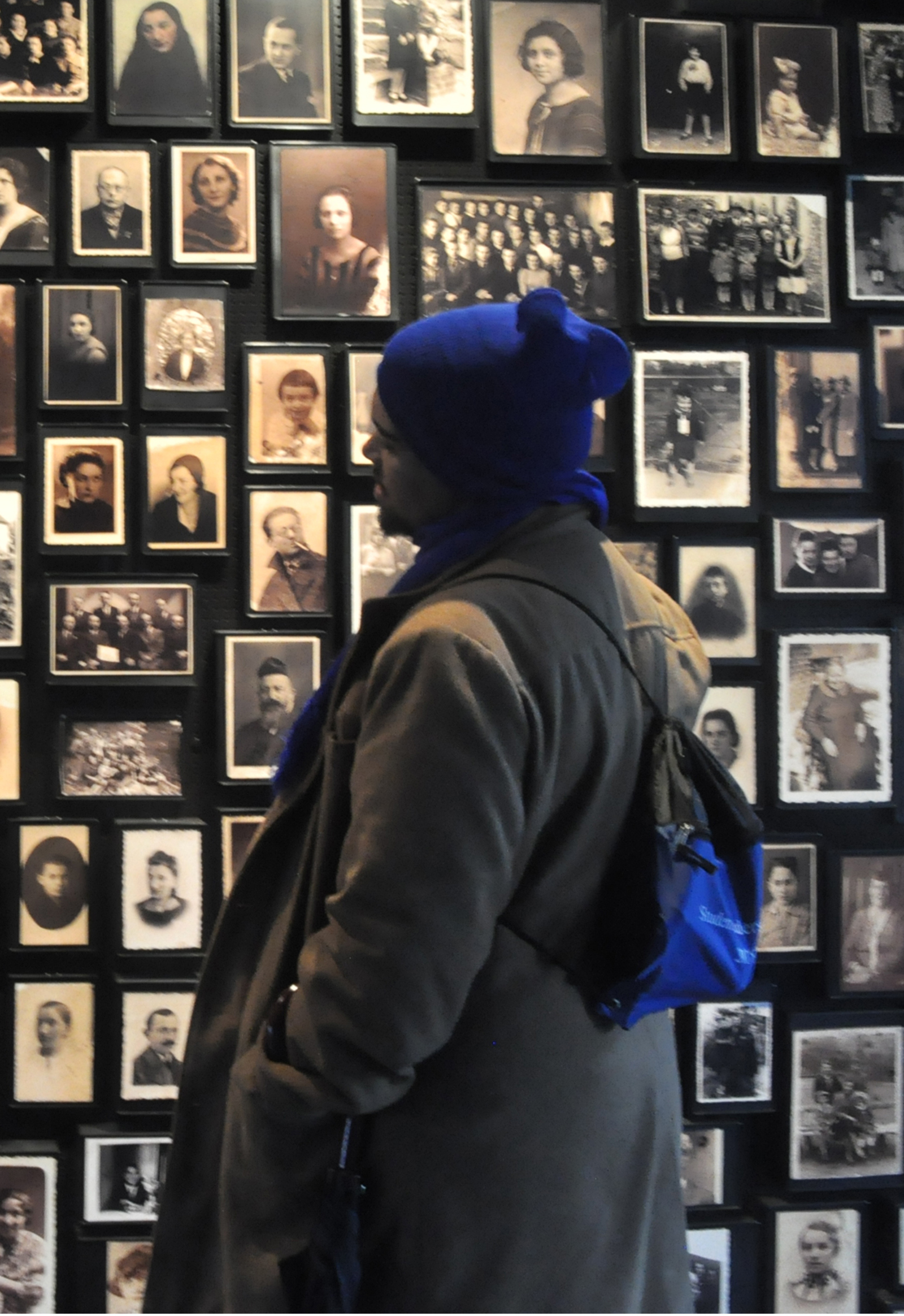
Photo: Langa Twala
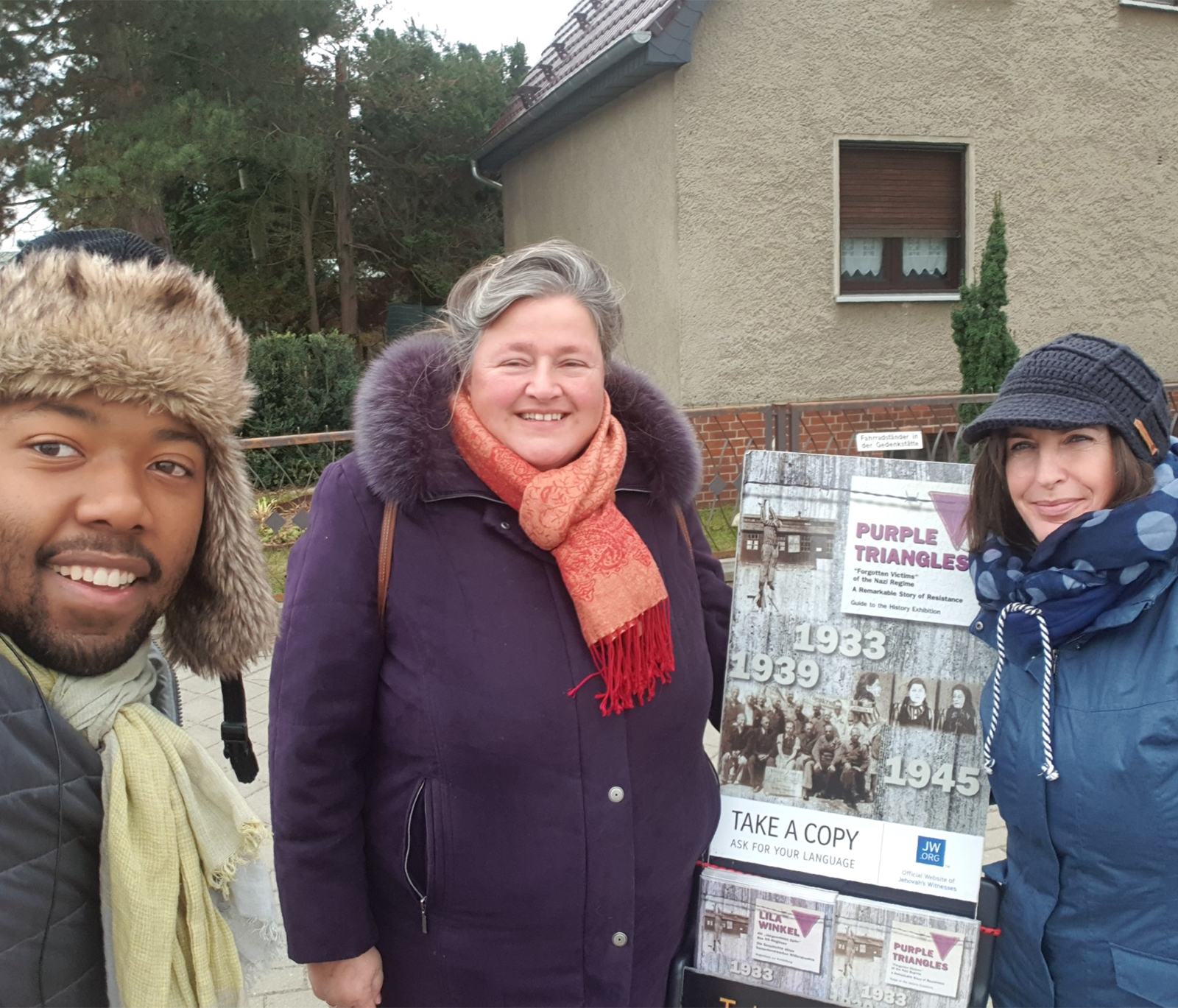
Photo: Ronel Koekemoer
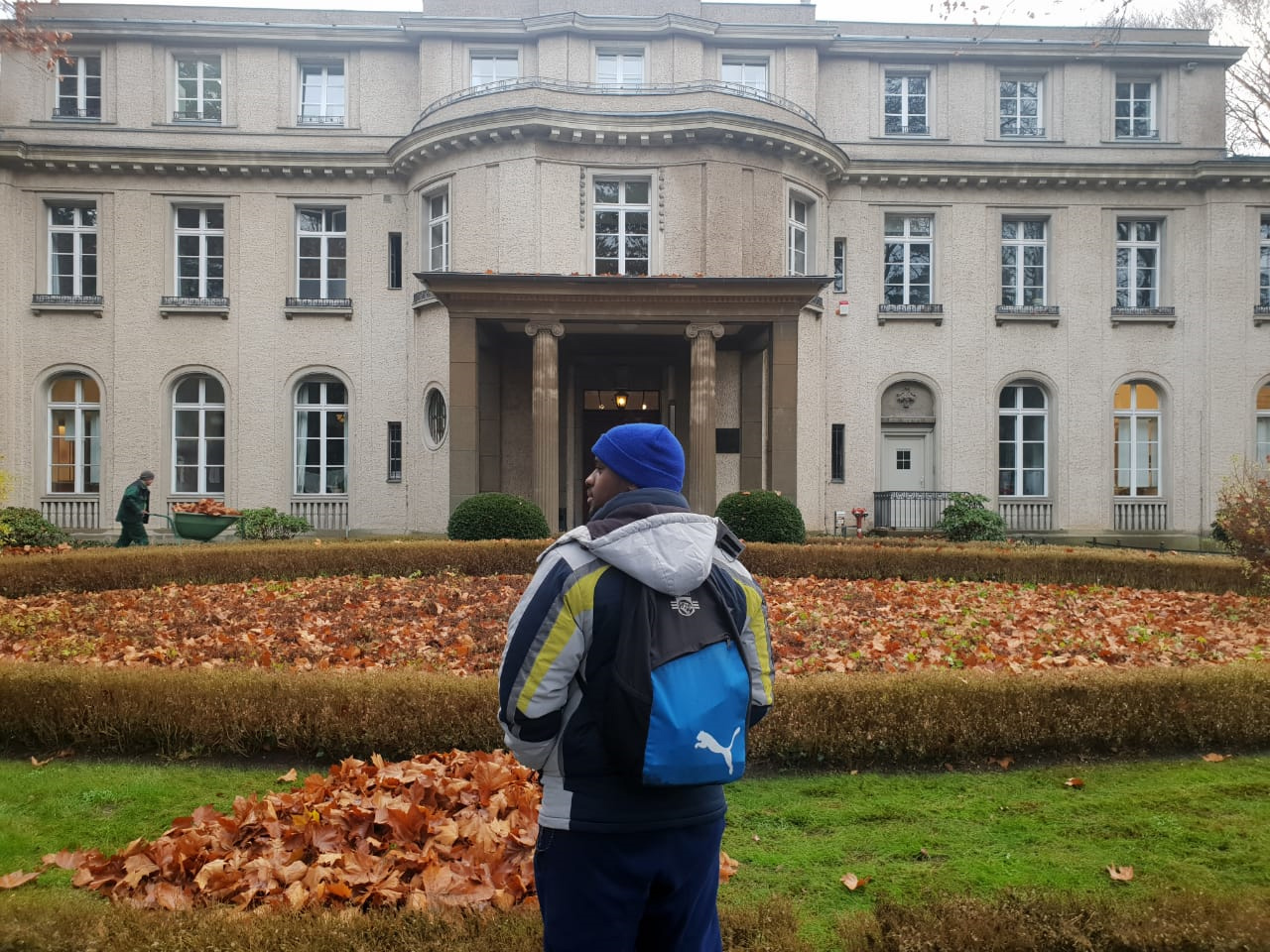
Photo: Ronel Koekemoer
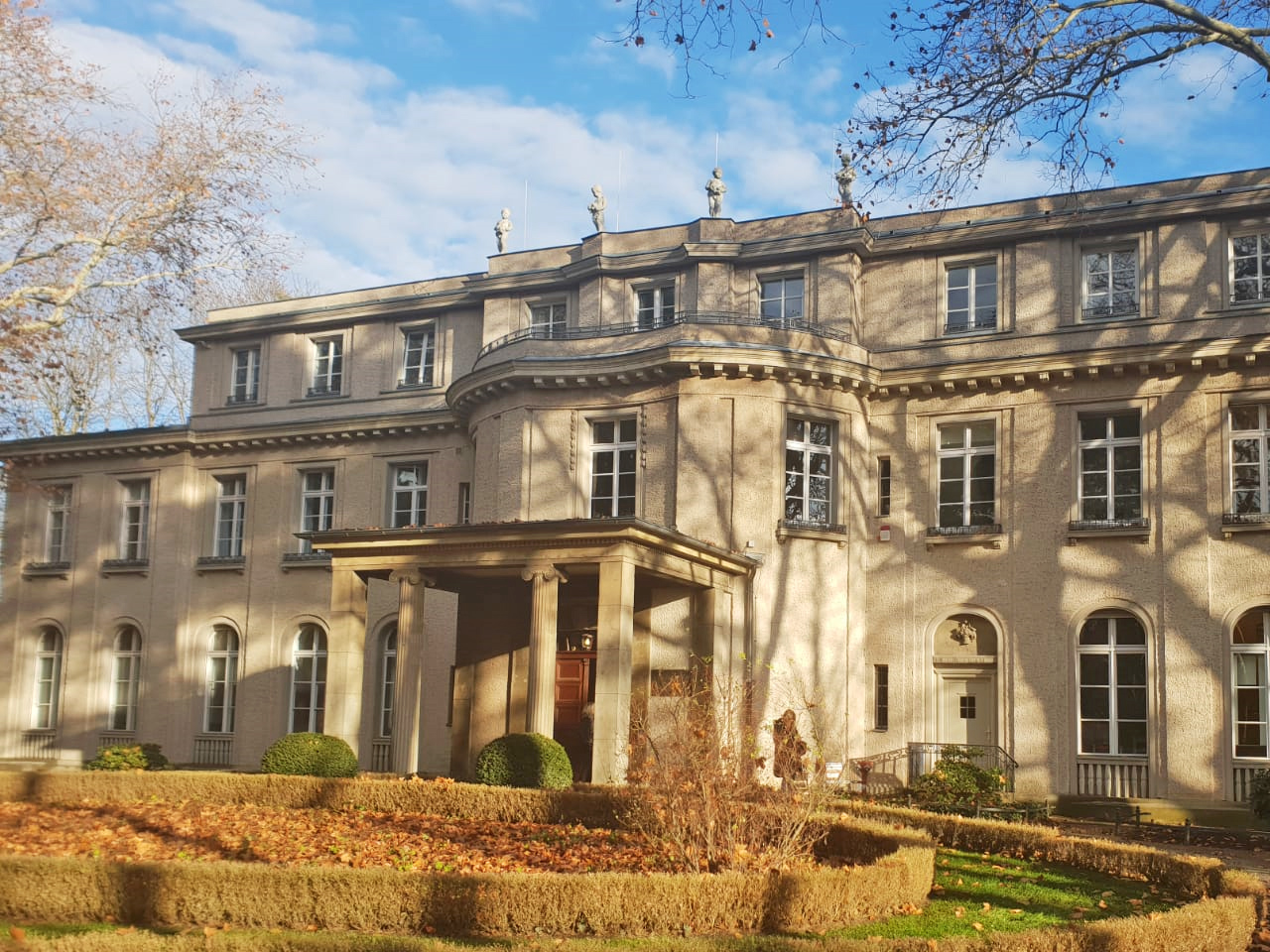
Photo: Ronel Koekemoer
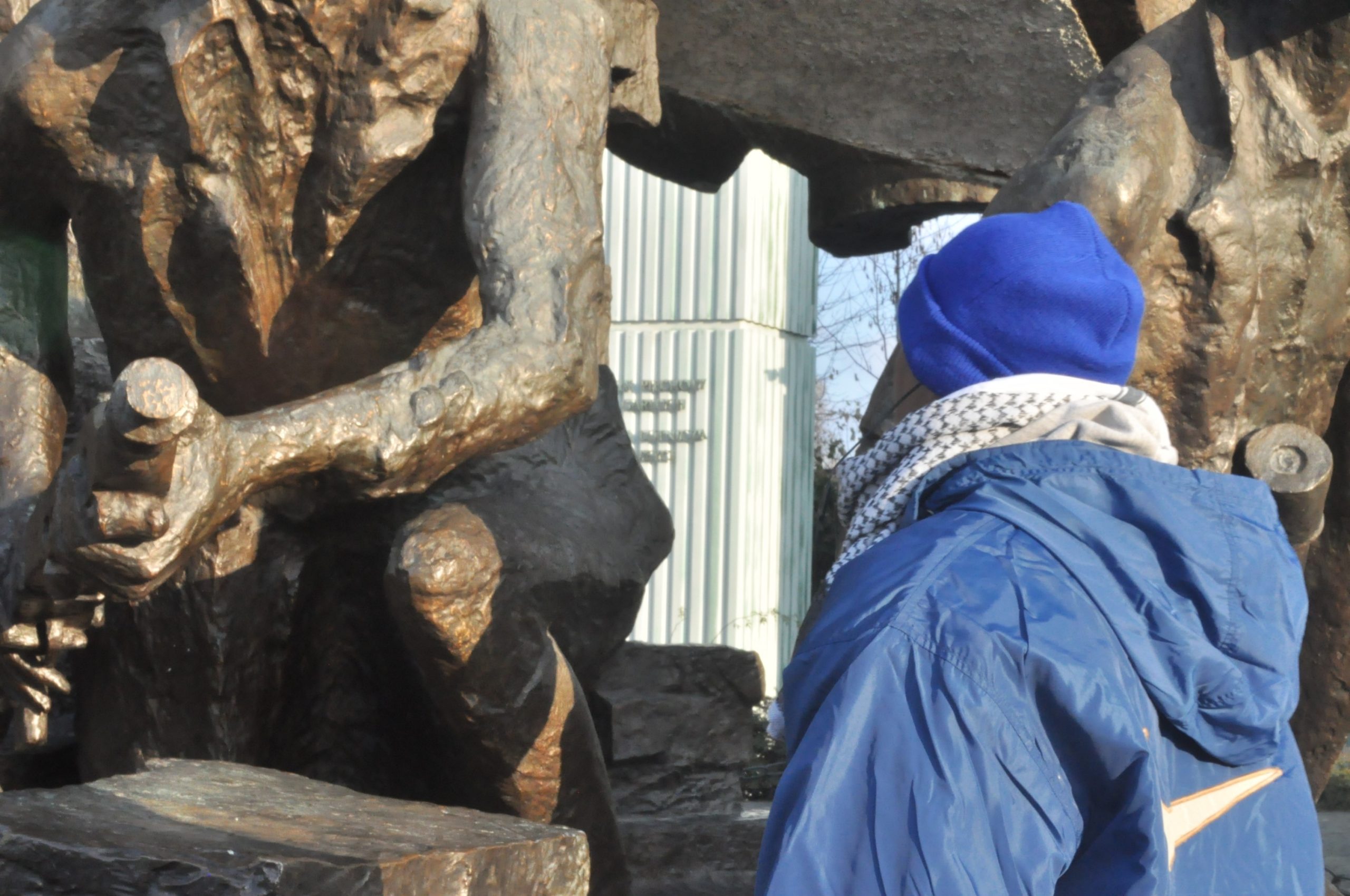
Photo:Langa Twala
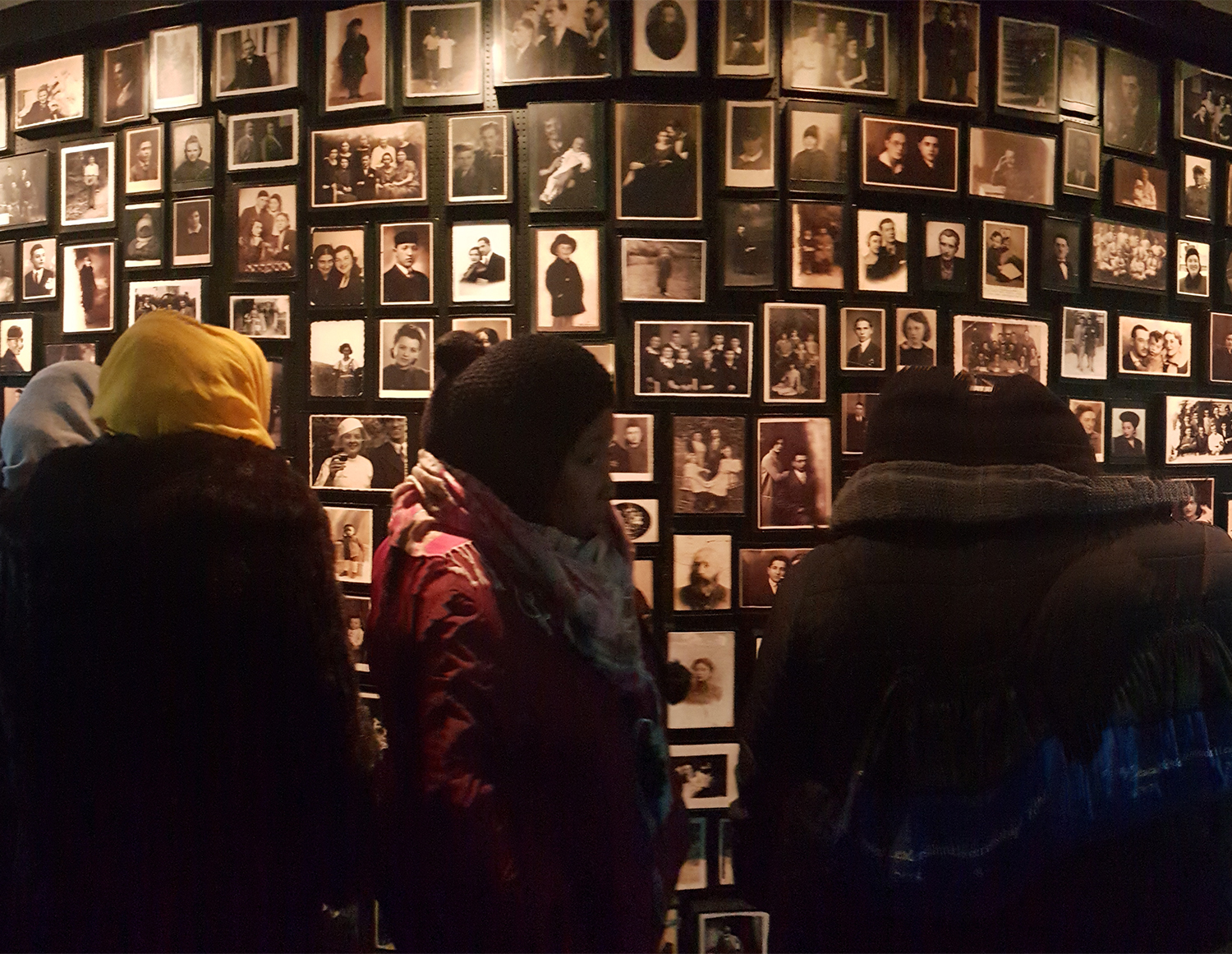
For many on the tour, the sites of Holocaust history and memory was also the first time they learned more about Jewish culture, heritage, and tradition. One participant said after learning about the practice of leaving stones on Jewish graves that they felt “ashamed” that their first meaningful encounter with Jewish traditions was “in the context of loss”.
Thando Ndita
“There was definitely a feeling of ‘what is the point…At the very least, it meant that twenty young South Africans ‘remembered’ those who suffered. This memorialisation, however small, was symbolic of the restoration of the humanity of the victims of the Holocaust and other instances of human suffering. At best, it instilled in me a more potent sense of “never again” and the resolve to working towards a world of peace.”
Cassandra Da Cruz
“Walking the path of the rally grounds, it became easy to see how gentile Germans were impressed by the grandiose show of power of the Nazi Party. This led me to think about how other political parties, both South African and foreign, use power to impress their citizens.”
Tsegofatso Putu
“The most fundamental lesson I learned is that exceptionalising Europe throughout my life had left me unable to holistically empathize with the tragedies that took place there. I had not viscerally understood that generational trauma, pain, misery and ruin were not exclusive to Africa and the global South.”
Siphosethu Sidinili
“Being at the Wannsee House and in Nuremberg, it reminded me of how the greatest cruelty is always camouflaged in beauty and grandeur.”
Julia Hampton
“I have felt a greater culpability for the happenings of the past and a new-found need to interrogate the happenings of apartheid, to unearth and memorialise our past, in a way which, I believe, is not yet part of our national consciousness.”
Langa Twala
South Africa needs to actively remember. The story of violence and how it manifested itself on a bedrock of hatred needs to be told. It needs to be told for generations to come and it is the responsibility of perpetrators and victims to tell this story. The story belongs to us as a collective. Its telling cannot be avoided in the name of ‘moving on’. Confronting the horrors which still exist is essential.”
Shannon Cupido
“What does it mean when the principles any sensible person could easily espouse – a love for one’s country and people, access to employment and economic opportunity, protecting oneself and one’s loved against encroaching others whose motives cannot be known in advance – are inverted and used to justify filthy political tactics? What these questions point toward is the fact that the problems that the Holocaust raises – Us vs Them, violence as the answer to our prayers, modernity’s gifts (science, categorisation, etc) used in the service of cruelty – continue to perdure in new and inventive ways.”
Blessed Ngwenya
“I believe one of the key take away things from this experience for me is that as people, we need to constantly check ourselves in terms of our thoughts, ideas and what we believe in. This doesn’t necessarily have to be always a huge thing, but it can even be checking the kind of ideas we take into discussions/meetings and leaving sufficient room/willingness to change those ideas. This lesson came from discussions/small group reactions when we spoke about how anti-Semitism grew, how the idea developed in one’s mind until it was a belief.”
Muziwakithu Maseko
“I found myself drawing parallels between the old Nazi generation and South Africa’s Apartheid generation. In contrast to Germany, the perpetrators in the South African context are still alive and have retained their benefits from Apartheid. In Germany there was an attempt to resolve and hold those responsible accountable, yet back home we were forced to move on too soon under the umbrella of the rainbow nation. Currently South Africa is beginning to dismantle because we have not dealt with our past. Putting a blanket over the past is not a viable long-term solution as we are learning. Throughout the tour I found myself feeling like South Africa has not done enough to commemorate its history. Too much attention has been placed on Nelson Mandela and neglected other heroes and notable contributions. South Africa has a long way to go but I believe we are on the right track. It starts with a change in how history is taught in schools.”
Siphosethu Sidinili
“Can we expect people of colour in South Africa to ever trust white people again or for Jewish people to trust Poles or Germans when they represent what their perpetrators look like and were?”
“Poland raised the question as whether victims could be perpetrators. Could the wrongs of victims be held against them given their history of victimhood.”
“We are all capable of being victims and perpetrators, it is up to us to ensure we are neither.”
Tshegofatso Putu
“Being in countries that have such histories made me sad. I have been inspired to document, and to encourage my peers to document and assist in (re) writing the African into world history.”
Blessed Ngwenya
“I have always battled with why South Africa chose peace over justice. I wanted learn about other approaches taken by other countries. It appears that Germans didn’t meaningfully engage with any of this after it happened and continue not to do so. It’s like it’s a part of their history that they buried and never want to talk about ever. How do we heal if we don’t talk? How do we ensure that such horrible crimes against humanity never occur again if it is that the perpetrators are not having these conversations with their children and grandchildren? ”
Photo: Ronel Koekemoer

Photo: Ayanda Nxusani

Photo: Ronel Koekemoer

Photo: Cassandra Da Cruz

Photo: Ronel Koekemoer
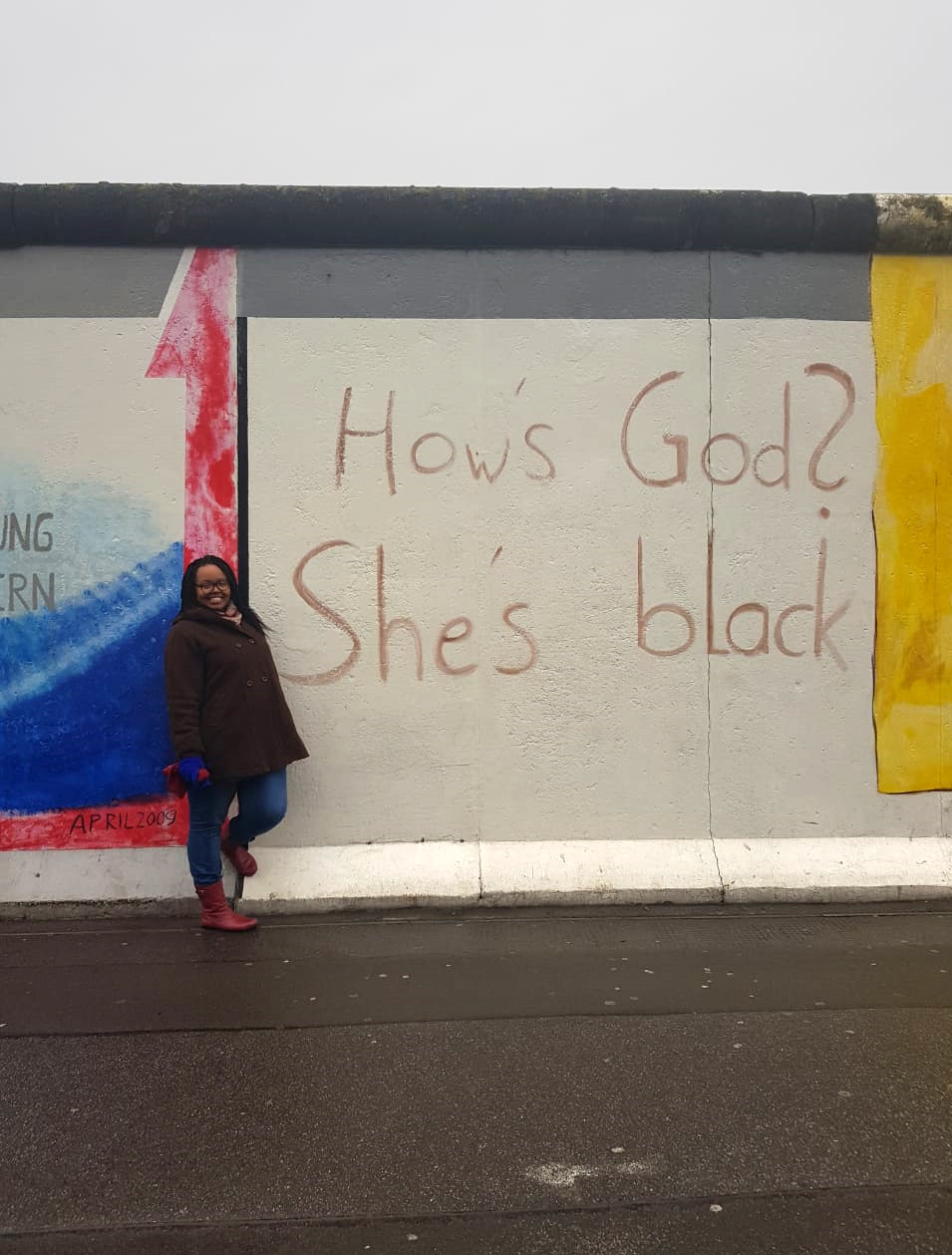
Photo: Langa Twala
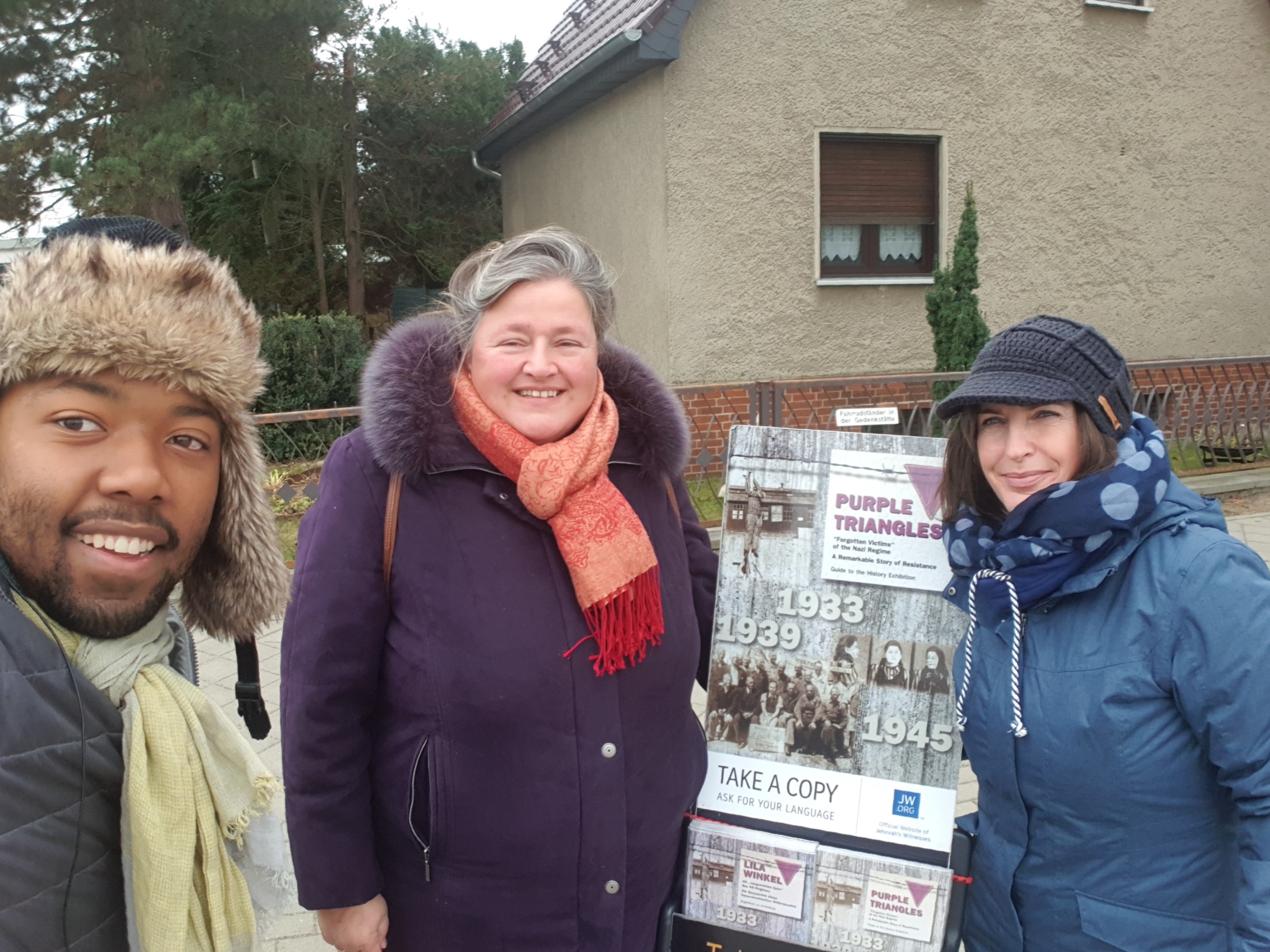
Photo: Ayanda Nxusani
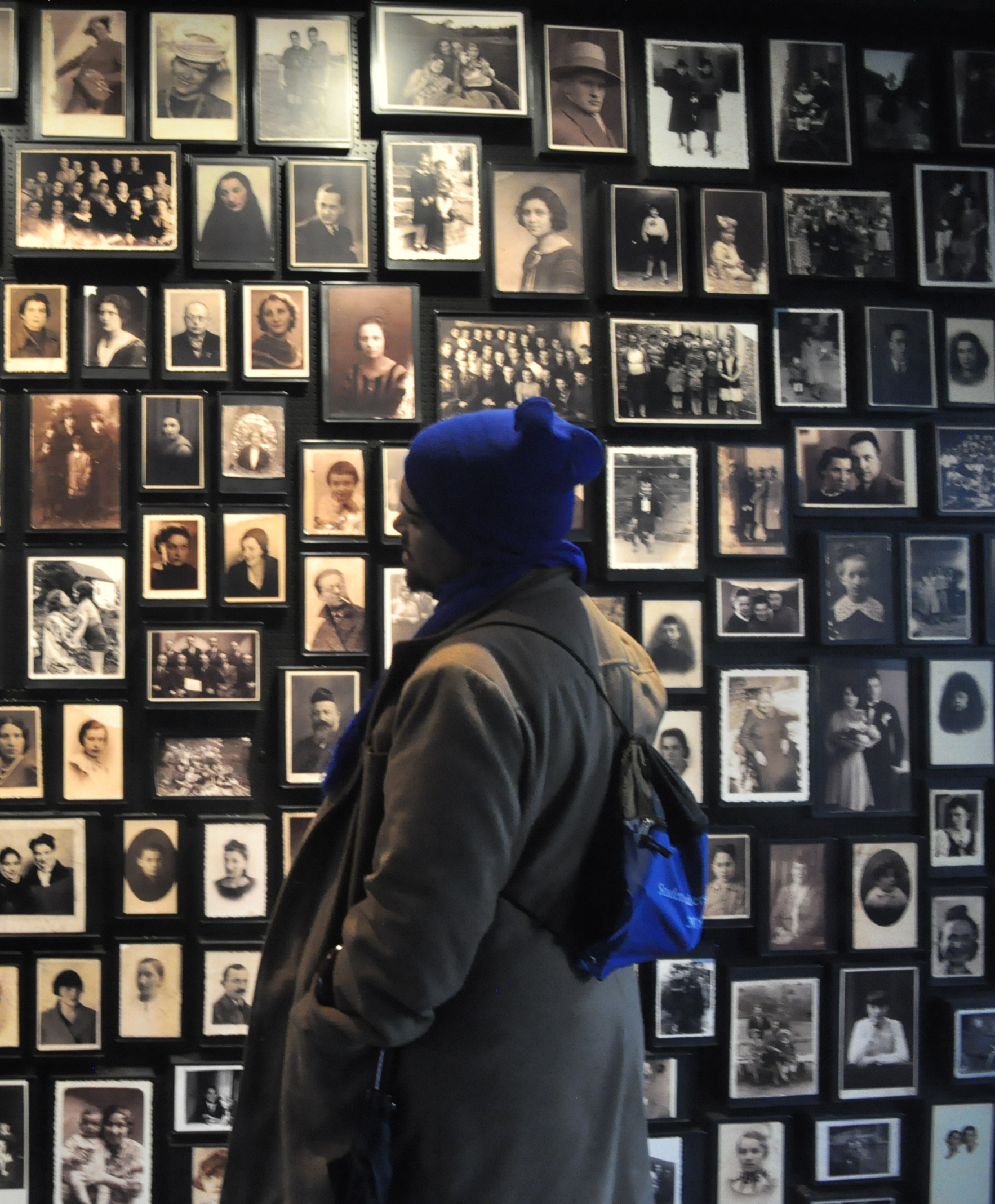
Photo: Ronel Koekemoer

Photo: Ronel Koekemoer

Photo: Ronel Koekemoer



For many on the tour, the sites of Holocaust history and memory was also the first time they learned more about Jewish culture, heritage, and tradition. One participant said after learning about the practice of leaving stones on Jewish graves that they felt “ashamed” that their first meaningful encounter with Jewish traditions was “in the context of loss”.
Thando Ndita
“There was definitely a feeling of ‘what is the point…At the very least, it meant that twenty young South Africans ‘remembered’ those who suffered. This memorialisation, however small, was symbolic of the restoration of the humanity of the victims of the Holocaust and other instances of human suffering. At best, it instilled in me a more potent sense of “never again” and the resolve to working towards a world of peace.”
Cassandra Da Cruz
“Walking the path of the rally grounds, it became easy to see how gentile Germans were impressed by the grandiose show of power of the Nazi Party. This led me to think about how other political parties, both South African and foreign, use power to impress their citizens.”
Tsegofatso Putu
“The most fundamental lesson I learned is that exceptionalising Europe throughout my life had left me unable to holistically empathize with the tragedies that took place there. I had not viscerally understood that generational trauma, pain, misery and ruin were not exclusive to Africa and the global South.”
Siphosethu Sidinili
“Being at the Wannsee House and in Nuremberg, it reminded me of how the greatest cruelty is always camouflaged in beauty and grandeur.”
Julia Hampton
“I have felt a greater culpability for the happenings of the past and a new-found need to interrogate the happenings of apartheid, to unearth and memorialise our past, in a way which, I believe, is not yet part of our national consciousness.”
Langa Twala
South Africa needs to actively remember. The story of violence and how it manifested itself on a bedrock of hatred needs to be told. It needs to be told for generations to come and it is the responsibility of perpetrators and victims to tell this story. Th e story belongs to us as a collective. Its telling cannot be avoided in the name of ‘moving on’. Confronting the horrors which still exist is essential.”
Shannon Cupido
“What does it mean when the principles any sensible person could easily espouse – a love for one’s country and people, access to employment and economic opportunity, protecting oneself and one’s loved against encroaching others whose motives cannot be known in advance – are inverted and used to justify filthy political tactics? What these questions point toward is the fact that the problems that the Holocaust raises – Us vs Them, violence as the answer to our prayers, modernity’s gifts (science, categorisation, etc) used in the service of cruelty – continue to perdure in new and inventive ways.”
Blessed Ngwenya
“I believe one of the key take away things from this experience for me is that as people, we need to constantly check ourselves in terms of our thoughts, ideas and what we believe in. This doesn’t necessarily have to be always a huge thing, but it can even be checking the kind of ideas we take into discussions/meetings and leaving sufficient room/willingness to change those ideas. This lesson came from discussions/small group reactions when we spoke about how anti-Semitism grew, how the idea developed in one’s mind until it was a belief.”
Muziwakithu Maseko
“I found myself drawing parallels between the old Nazi generation and South Africa’s Apartheid generation. In contrast to Germany, the perpetrators in the South African context are still alive and have retained their benefits from Apartheid. In Germany there was an attempt to resolve and hold those responsible accountable, yet back home we were forced to move on too soon under the umbrella of the rainbow nation. Currently South Africa is beginning to dismantle because we have not dealt with our past. Putting a blanket over the past is not a viable long-term solution as we are learning. Throughout the tour I found myself feeling like South Africa has not done enough to commemorate its history. Too much attention has been placed on Nelson Mandela and neglected other heroes and notable contributions. South Africa has a long way to go but I believe we are on the right track. It starts with a change in how history is taught in schools.”
Siphosethu Sidinili
“Can we expect people of colour in South Africa to ever trust white people again or for Jewish people to trust Poles or Germans when they represent what their perpetrators look like and were?”
“Poland raised the question as whether victims could be perpetrators. Could the wrongs of victims be held against them given their history of victimhood.”
“We are all capable of being victims and perpetrators, it is up to us to ensure we are neither.”
Tshegofatso Putu
“Being in countries that have such histories made me sad. I have been inspired to document, and to encourage my peers to document and assist in (re) writing the African into world history.”
Blessed Ngwenya
“I have always battled with why South Africa chose peace over justice. I wanted learn about other approaches taken by other countries. It appears that Germans didn’t meaningfully engage with any of this after it happened and continue not to do so. It’s like it’s a part of their history that they buried and never want to talk about ever. How do we heal if we don’t talk? How do we ensure that such horrible crimes against humanity never occur again if it is that the perpetrators are not having these conversations with their children and grandchildren? ”
